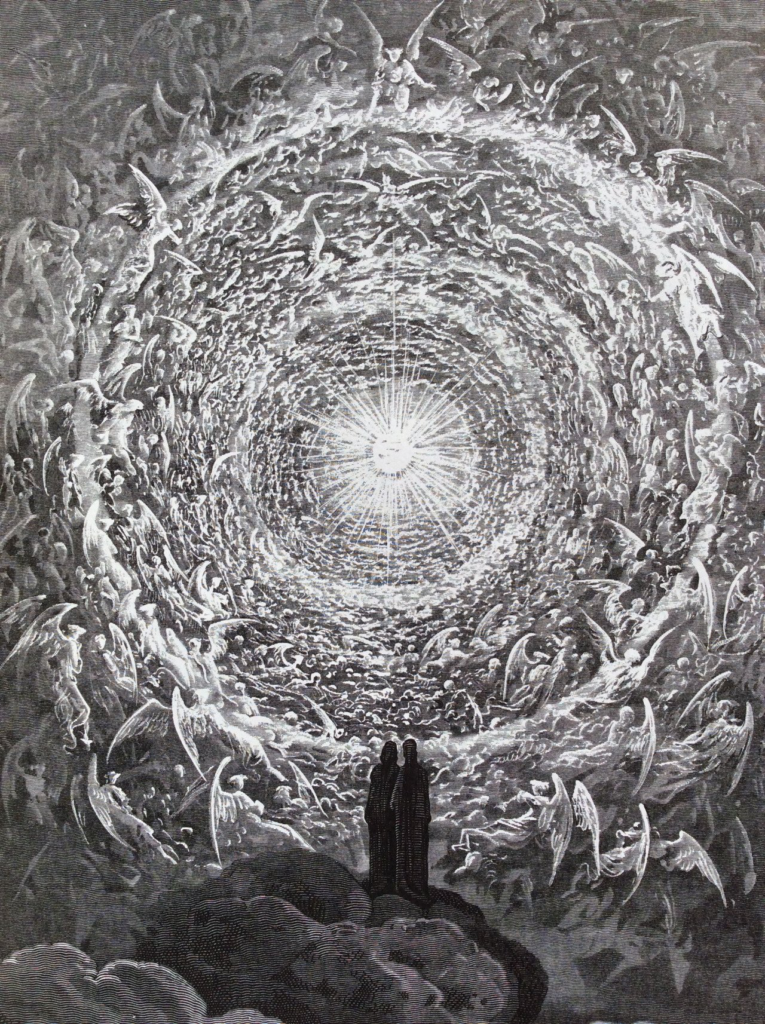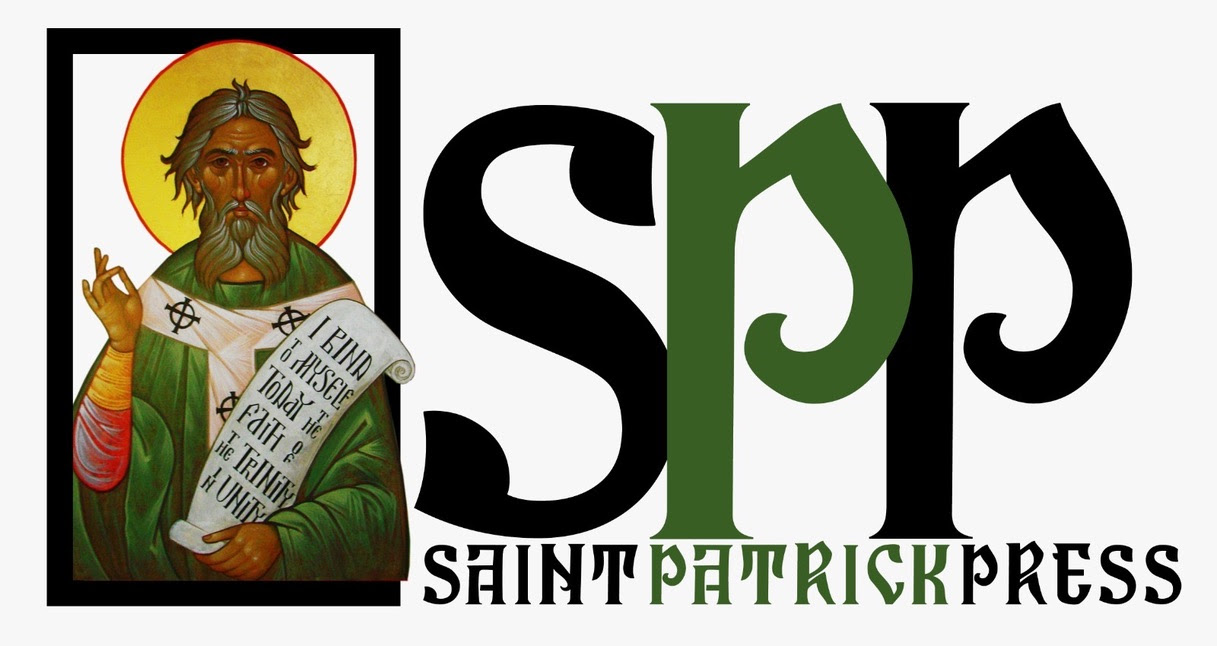The Divine Liturgy is an encounter with God, and thus Beauty Himself. We encounter God to know who we are: worshipping beings of God.
Praise the LORD, O my soul!
Happy is he who has the God of Jacob for his help,
Whose hope is in the LORD his God
Psalms 146:1, 146:5

Encountering Beauty

Sometimes we catch a glimpse of Beauty that overwhelms us. We get gobsmacked by it. Knees knock together and you can hardly breathe.
I think of Dante and the divine image he saw in Beatrice who for him became like the Mother of God.
Divine Liturgy is an entrance into Beauty, for we enter into the Way the Truth the Life of our Lord Jesus Christ, and He enters into us through His Body and Blood.
Divine Liturgy is heavy that way.
There are countless stories of what people have experienced during Divine Liturgy. One person captured a priest as he was raising the chalice and in the photograph he was covered, enveloped in light—but the light wasn’t reflecting off the chalice, the light wasn’t reflecting towards him. No. The light was emanating from him.
Doorway to the Enchanted World
Sometimes our Lord opens the enchanted world just a little bit to us, just a glimpse, a blink of the eye, to reveal His glory.
It happened to me—just a glimmer of the Beauty of the enchanted world that is realer than that of mere materiality.
It was during the Anaphora of the liturgy of St. Basil …

Priest: O you, THE BEING, Master, Lord, God of Truth, being before the ages and reigning for ever; Who dwells in the highest and looks upon the lowly; Who has created the heaven and the earth, the sea, and all that is therein; the Father of our Lord God and Savior Jesus Christ, by Whom You have created all things, visible and invisible; Who is seated upon the throne of His glory; and who is worshipped by all the holy powers.
Deacon: You who are seated stand!
Priest: Before Whom stand the angels, the archangels, the principalities, the authorities, the thrones, the dominions, and the powers.
Deacon: Look towards the east!
Priest: You are He around Whom stand the cherubim full of eyes, and the seraphim with six wings, praising continuously without ceasing saying—
Deacon: Let us attend!
And then the part that we the people sing—we are singing what we are SEEING as we’re standing before the throne of God surrounded by the heavenly hosts:
People: The cherubim worship You, and the seraphim glorify You, proclaiming and saying, Holy holy holy Lord of hosts, heaven and earth are full of Your holy glory!
Standing in the Nexus of Heaven and Earth
And there I was, standing at the thrones of God with all the authorities all the principalities, the hosts of Heaven, the saints the angels, glorifying and praising God—I was standing there with them!
Father Alexander Schmemann puts it this way in Theology and the Eucharist …
Our earthly food becomes the Body and Blood of Christ because it has been assumed, accepted, lifted up into the “age to come,” where Christ is indeed the very life, the very food of all life and the Church is His Body, “the fullness of Him that filleth all in all” (Eph. 1:23). It is there, finally, that we partake of the food of immortality, are made participants of the Messianic Banquet, of the New Pascha; it is from there, “having seen the true light, having received the heavenly Spirit,” that we return into “this world” (“let us depart in peace”) as witnesses of the Kingdom which is “to come.” Such is the sacrament of the Church, the “leitourgia” which eternally transforms the Church into what she is, makes her the Body of Christ and the Temple of the Holy Spirit.
Theology and the Eucharist
How?
Receiving Beautiful Love
How am I able to enter the throne room of Heaven, to stand before the Lord with all the principalities and authorities? And what else can I do but feel so small and so lowly, and yet so loved by God that I am welcomed not only to stand before Him and be among His heavenly hosts but also to receive His Body and Blood which He so meekly and lovingly gives! I felt so small yet so lifted up, so held, so loved!
After the blessing of holy water and the benediction, I left the church (returning to “this world”) and got in my car. I’m told to keep the fire burning in my heart, the heart as the burning bush where God dwells. And I got thinking about the beautiful opening of heaven during the Anaphora …
Then it hit me.
We attend Divine Liturgy to know who we really are. To know the power and the authority of the Kingdom we have inherited by the grace and love of the Creator of the cosmos. There’s a military quality to it-an aura of warfare and all the glory that surrounds cosmic victory!
It’s so Tolkienesque. It is such a tangible participation of identity to stand before God and then receive this gracious act of mystical union … So real. It’s so regal, so glorious. I felt like a hobbit standing among the throngs of Elves and wizards as the victory cries rattled and thundered all around me! And that the glory given to God around His throne is directly connected to the battles his saints engage in and win here in the place we inhabit on earth.
To Be is to Be Priest
Father Alexander Schmemann, again, puts it this way …
“Homo sapiens,” “homo faber”…yes, but first of all, “homo adorans.” The first and basic definition of man is that he is the priest. He stands at the center of the world and unifies it in his act of blessing God, of both receiving the world from God and offering it to God…
Theology and the Eucharist
And then the realization opened to another key aspect of our identity, that part of ourselves that the world loves to distort and lie about and encourage us to wallow in shame and self-pity and isolation that we try to fix and medicate with unending chemicals and experiences …
That we are never ever ever alone.
That’s Beauty.
And it’s so so real.

One Response